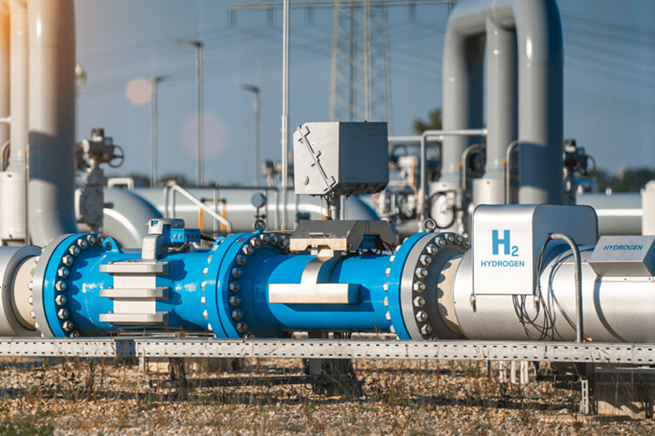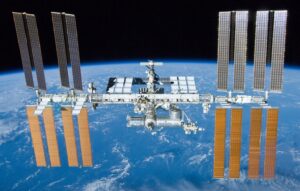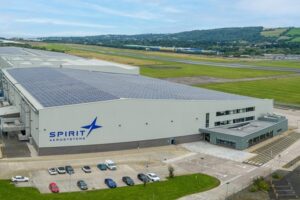In a move set to reshape the energy landscape, Germany has forged a climate and energy alliance with Morocco, aiming to propel renewable energy expansion and hydrogen production in the African nation. This collaboration, announced by Germany’s development ministry, marks a significant step in both countries’ pursuit of sustainable energy solutions.
Germany, striving to slash greenhouse emissions in hard-to-electrify industrial sectors such as steel and chemicals, is turning to hydrogen as a key energy source. Given its ambitious goal to become climate-neutral by 2045, Germany anticipates importing up to 70% of its hydrogen needs due to its limited capacity for large-scale wind and solar power production.
“Morocco offers ideal conditions for the energy transition and the generation of green hydrogen,” stated Development Minister Svenja Schulze, who inked the alliance declaration with Moroccan Foreign Minister Nasser Bourita in Berlin. “Germany is keen to import this hydrogen.”
The alliance reflects a deeper relationship between the two nations. “Germany holds a unique position as an economic, trade, and political partner,” emphasized Bourita during a joint press conference with German Foreign Minister Annalena Baerbock.
Schulze underscored the importance of fairness in the new green hydrogen economy, contrasting it with the fossil fuel-driven past. “We aim to ensure that Morocco can also advance its energy transition and secure its share in future value chains,” she noted.
Germany is not just eyeing hydrogen imports but also fostering electricity trading cooperation between Morocco and the European Union. This collaboration includes encouraging German technology companies and suppliers to bolster the hydrogen economy in Morocco, as highlighted by Economy Ministry State Secretary Stefan Wenzel.
Since 2012, Germany has committed over one billion euros in subsidized loans to support Morocco’s renewable energy projects. A notable achievement is the construction of the world’s largest solar thermal power plant in Ouarzazate, southern Morocco, financed by Germany. This plant is poised to produce approximately 10,000 tonnes of hydrogen annually, sufficient for 50,000 tonnes of green steel. An international tender for off-takers is anticipated to commence this year, with production slated to begin in 2028 or 2029.
The alliance will also explore the logistics of transporting green hydrogen and related products to Germany and Europe, ensuring a seamless integration into the continent’s energy matrix.
This Germany-Morocco alliance stands as a beacon of international cooperation in the quest for a sustainable energy future, promising mutual benefits and a greener planet.
(Source: Crude Oil Prices | H2 View | Morocco World News)









